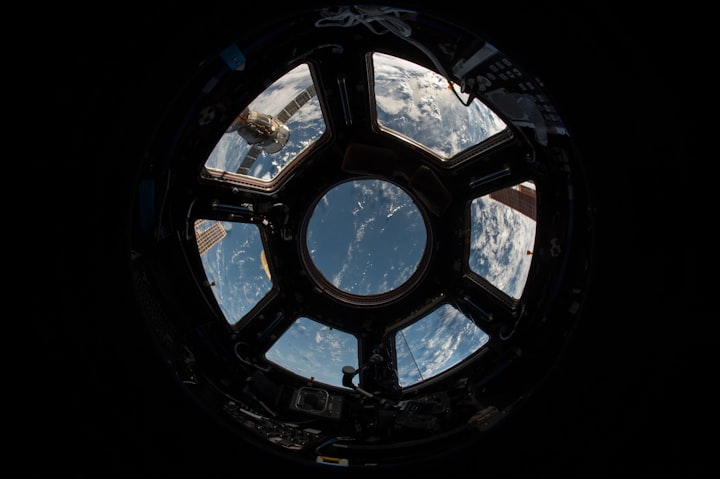Imperfect Space Laws Hinder the Space Sphere
While the whole world observes advances in space technology and exploration, the international space laws are crying for an update. The outdated international regulations for the space industry will hamper further space industry progress and cause significant problems to industry participants.
The active development of the commercial New Space sector has prompted many national governments to start revising the legislative framework for national space regulations. While the new state of national laws and concessions stimulated the development of the new space for a short time, international space laws still contain some gaps that need to be filled.
The obvious delay in reforming international space laws comes from the lack of such advanced space technologies that would go beyond the cases described in the Outer Space Treaty (firstly designed in the days of the space race between the USA and the USSR). Today, the inefficiency of the international legal framework for space exploration gives rise to a host of challenges that hinder the development of the entire industry.
Debris in the orbit
20 years ago, it was difficult even to imagine a legislative framework regulating the responsibility for creating space waste and introducing a list of procedures for the disposal of space junk by companies that generate it. New constellations of satellites (the number of which sometimes exceeds several thousand) require an urgent revision of respective laws. Otherwise, the near-Earth orbit may simply be cluttered in the future.
The number of new risks associated with the possible loss of payload resulting from a collision with space debris will obviously cause great caution on the part of investors, who are certainly the driver of today`s space sector. The rules of the game in this area must be clearly defined for all participants in the new space. The orbit is an area with numerous stakeholders, and responsibility for its congestion must be strictly spelt out in space laws.
Mining and trade secrets
Another obviously controversial provision of the existing international space law are the Outer Space Treaty (OST) norms. They prohibit countries and commercial space companies from owning and nationalizing extraterrestrial resources. The last edits to the OST were made at the height of the Cold War and corresponded to the challenges of their time. But the gradual depletion of earth's resources, together with the rapid development of space mining technologies, should lead to the revision of this outdated rule. Only appropriate regulation of space resource extraction will create proper conditions for the development of healthy competition in the field of space mining.
Shortly, the provision of the OST proclaiming openness of space stations, spacecraft and other types of space bases built on the Moon and other celestial bodies to inspections by other state parties, in particular, will also require a revision. Trade secrets, which are especially valued in the high-tech space sector, should become the most important privilege of commercial aerospace companies. If we are used to respecting trade secrets on Earth, then why would it be different in space?
The danger of state arbitrariness
As mentioned above, the provision of the OST Article No. 2, which states that it is impossible to nationalize and appropriate any space bodies and resources contained there, creates uncertainty. Several states are inclining to change their laws, allowing entrepreneurs to use any resources they can get in space for personal purposes. Such self-government at the national level creates a dangerous precedent, which could result in a global fragmentation of space law at the national level.
The ever-growing number of both national participants and private companies will give rise to increasing uncertainty in terms of space resource distribution. This could lead to a litigation in a best-case scenario and to a first orbital conflicts over resources in the worst-case scenario. Only international regulations on the extraction and use of space resources can stop the spreading of this problem in the future. While today`s initiatives of some countries in the field of space resource management contribute to the sector's development, it is impossible to allow individual states to nationalize resources that could be of planetary significance.
Doing business in the new space era is already associated with many risks. The imperfection of international space laws only adds fuel to the fire. The issue of reforming space laws is overdue as more and more players are discovering a simple truth: only transparent and agreed-upon rules can advance the space industry by replacing chaotic jerks in its development with progressive and predictable growth.






Comments
There are no comments for this story
Be the first to respond and start the conversation.